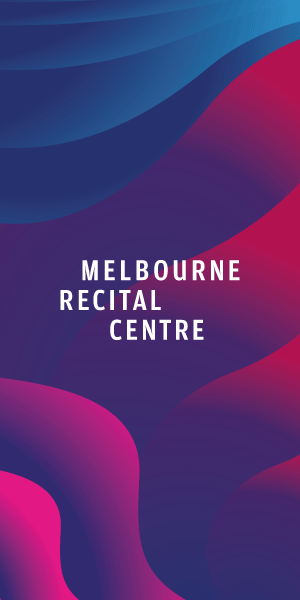Residents win at VCAT over restaurant that will be restricted to hotel guests
East Melbourne residents are celebrating after the state’s planning tribunal ruled in their favour to curtail the operations of a contentious residential hotel and restaurant proposal.
The residents feared their neighbourhood character would be lost if the proposal to redevelop Magnolia Court, a former bed and breakfast venue, went ahead at 95-101 Powlett St.
The City of Melbourne approved plans for the planning application in April last year, which saw residents take their fight to the Victorian Civil and Administrative Tribunal (VCAT) over a six-day hearing in October and November 2022.
In presenting its case, the East Melbourne Group (EMG) cited concerns about the venue catering for up to 88 patrons, as well as noise, lack of car parking, patron movement, rubbish, and general impacts of a commercial operation in a heritage street.
At the start of the hearing, the permit applicant Powlett St Land Company Pty Ltd, applied to amend the application by reducing the number of patrons within the restaurant to 48, including an outdoor capacity of 22 patrons on the ground floor and four patrons on the first floor.
VCAT senior member Laurie Hewet stated in his report that there was no objection to this amendment and therefore ordered a planning permit be granted on February 23.
But he stated, “On balance however, I have concluded that the opening of the restaurant to patrons who are not guests of the residential hotel, even to the limited degree consequent on the permit applicant’s suggested condition, is not consistent with the restaurant operating as an ancillary component of the residential hotel.”
The order means no person is permitted to use the restaurant other than a hotel guest, which the EMG’s planning convenor Greg Bisinella said would mitigate many amenity concerns for Powlett St to remain a quiet residential street.
“No late-night Uber pickups and drop offs. No boisterous football crowds milling outside the property at 11.30pm and significantly less traffic in and around the site,” he said.
He said despite the City of Melbourne initially approving a 128-seat venue, and later an 88-seat restaurant respectively, the tribunal had seen “fit to significantly curtail the restaurant offering to meet the legal definition of an ancillary offering”.
“We always support sensible, reasonable planning outcomes. What they’ve ended up with is a fairly reasonable planning outcome that we probably would’ve accepted from the get-go,” Mr Bisinella said.
The previous Magnolia Court boutique bed and breakfast was a fairly benign offering that didn’t cause too much grief to anybody. Had they come back with something very similar we wouldn’t have been in this position.
In making his decision, Mr Hewet stated, “notwithstanding the limitations on non-guest access to the restaurant consequent on the permit applicant’s suggested condition, I am not persuaded that allowing non-guest access to the restaurant is consistent with the restaurant operating as an ancillary component of the residential hotel.”
“I have reached this conclusion primarily because a restaurant that is open to the public, even on a limited basis, can function as a separate use quite distinct from the residential hotel.”
Magnolia Court has been vacant since becoming a casualty of the COVID-19 pandemic. The guesthouse changed hands after Primeland Group and Singaporean fund Baksh Capital reportedly paid $9 million for the site with the intention of renovating and refurbishing the building, which was originally built in 1861.
Under its $4.5 million redevelopment plans, Primeland wants to rejuvenate the existing two-storey Victorian era building and increase the number of guest rooms from 26 to 37.
The residential hotel would operate 24-7, while its restaurant would operate from 8am to 11pm.
Primeland was contacted for comment. •

Bottega Tasca: Carlton’s go-to fine wine boutique






 Download the Latest Edition
Download the Latest Edition